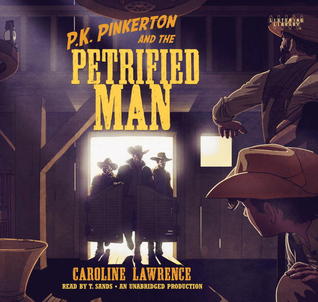
(May I mention that I love this cover?)
Title: Rain Reign
Author: Ann M. Martin
Publisher: Feiwel and Friends, 2014, 226 pages
Source: Library
Publisher's Summary:
Rose Howard has Asperger’s Syndrome, and an obsession with homonyms (even her name is a homonym). She gave her dog Rain a name with two homonyms (Reign, Rein), which, according to Rose’s rules of homonyms, is very special. Rain was a lost dog Rose’s father brought home. Rose and Rain are practically inseparable. And they are often home alone, as Rose’s father spends most evenings at a bar, and doesn’t have much patience for his special-needs daughter.
Just as a storm hits town, Rain goes missing. Rose’s father shouldn’t have let Rain out. Now Rose has to find her dog, even if it means leaving her routines and safe places to search. Rose will find Rain, but so will Rain’s original owners.
My Review:
I've hit a lot of books lately with characters who have, or appear to have, Asperger's Syndrome. This one is explicit, and Rose's AS is central to the story, because her obsessions, struggles with social relations, and love of routine and rules, are what drive the action. I'm not saying it well, but in some books, it seems like a character is given a touch of Asperger's to make him or her* a little more interesting. In this case, there would basically be no story if Rose didn't have AS. I'm not completely sure how I feel about this, but the story ended up being a heartwarming story.
The first-person narration is a little challenging in this case, as Rose's obsession with homonyms is given voice by the use of parentheses to show the homonyms whenever one is used. As in "Rain (reign, rein) met me at the door." It certainly conveys the challenge of conversing with Rose, but at the cost of making the book, in my opinion, harder to read. For me, at least, every one of those parenthetical bits was a stumbling block that broke the rhythm of the reading.
The story, however, is good. Rain is in the 5th grade, so about 10, and at an age when her differences start to really matter, and her father just can't cope. Rain's father is given just enough background story to make him a real person, rather than a stick-figure bad guy. He's got a lot to struggle with, and it probably doesn't help that his brother, Rose's Uncle Weldon, seems to have weathered their traumatic childhood better than he did, and certainly copes better with Rose's issues. Only in the end does he pull it together to do what seems to be the best for Rain--and I'm still not sure if it was the right thing to do, though the author sets it up well.
I guess if the book left me thinking about that, it probably did what it set out to do.
*I'm a little surprised how often it is a girl, given that Asperger's is much more common, and more likely to be severe, in boys.
Recommendation:
This is suitable for kids from 10 up. It might help a kid with Asperger's to think about the need to move beyond the comfort of routines, and it might be more likely to help neurotypical kids feel a little more empathy toward the "weird kid."
FTC Disclosure: I checked Rain Reign out of my library, and received nothing from the writer or publisher in exchange for my honest review. The opinions expressed are my own and those of no one else. I am disclosing this in accordance with the Federal Trade Commission's 16 CFR, Part 255: "Guides Concerning the Use of Endorsements and Testimonials in Advertising."

